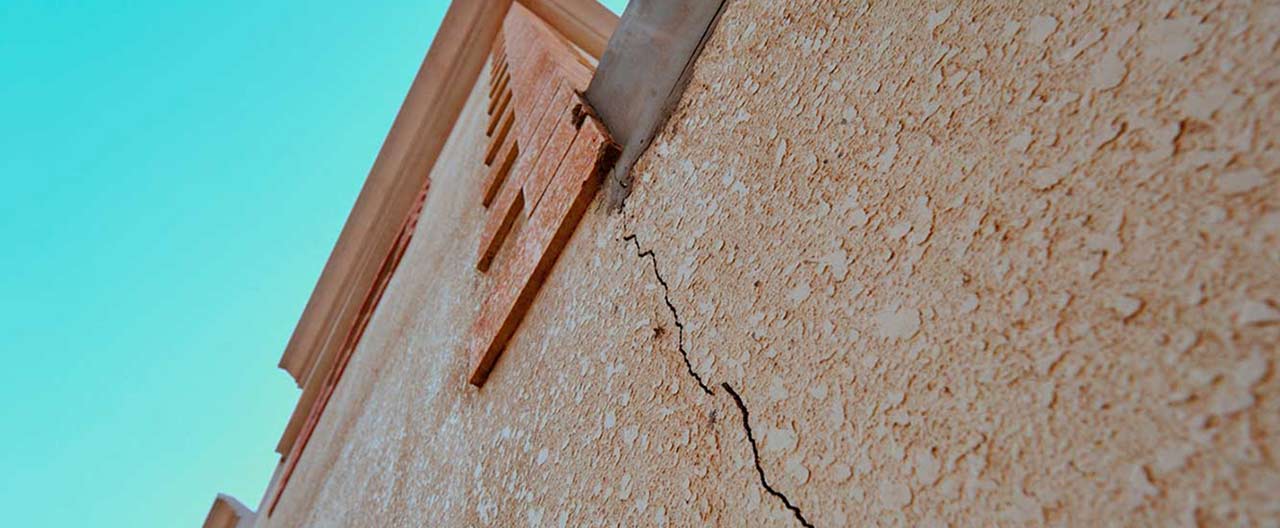- Individuals & Families
- Businesses
- Agents & Brokers
- Embedded Insurance

Chubb ranked #1 for Customer Satisfaction with the Home Insurance Claims Experience

Chubb ranked #1 for Customer Satisfaction with the Home Insurance Claims Experience

Chubb ranked #1 for Customer Satisfaction with the Home Insurance Claims Experience

Chubb ranked #1 for Customer Satisfaction with the Home Insurance Claims Experience

Because pets are family, Chubb now offers pet insurance with top-rated coverage from Healthy Paws.

Chubb offers the insurance protection you need for travel’s many “what ifs”.

Chubb protects small businesses at every stage – from newly formed start-ups to long-time anchors of the community.

Stay ahead of cyber threats with our free Cyber Claims Landscape Report.

Learn more about our dedicated learning paths, Online Learning Center, and more.

Many digital-savvy consumers look for it as a core or add-on option.

Many digital-savvy consumers look for it as a core or add-on option.

Many digital-savvy consumers look for it as a core or add-on option.

Chubb’s in-house technology makes it easy to integrate what we do into your customer experience.
-
About
-
Claims
-
Login & Pay Bill
For Agents & BrokersFor Travel Advisors
-
Back
Earthquakes occur suddenly and without warning, creating heightened risk for potential interruption of business operations and causing extensive damage to buildings and their contents, as well as disrupting gas, electric, and telephone services.
The US Geological Survey reports that there are an estimated 500,000 detectable earthquakes in the world every year, of which, approximately 100 cause damage.1 According to a Federal Emergency Management Agency (FEMA) study, over time earthquake losses in the United States alone could average $6.14 billion dollars a year.2
In the face of this risk, earthquake preparation can make the difference between getting your business back up and running quickly after such a catastrophe, and shutting down for months, or, even worse, closing altogether.
Create an earthquake preparedness plan
To avoid leaving your business exposed to loss of revenue and physical assets, it’s important that your business have an earthquake preparedness plan in place that includes the following elements:
- Protocol for what to do during and immediately following an earthquake
- Evacuation plan and designated meeting places for staff in the event of an evacuation
- Internal and external communications plan
- Inventoried and documented exterior and interior business assets
- List of emergency contact information
- Emergency supply kits -for a list of items, see the American Red Cross
- A workplace survey to identify potential hazards to workers if an earthquake occurs
One of the most important aspects of an earthquake preparedness plan is having the facility in which your organization operates inspected by a structural engineer. Based on this inspection, you can develop and prioritize strengthening measures, such as:
- Adding steel bracing to frames
- Adding sheer walls to frames
- Strengthening columns and building foundations
- Replacing unreinforced brick filler walls
- Following building safety codes when constructing a facility or making renovations
- Inspecting non-structural systems, such as air-conditioning, communications, and pollution control systems.
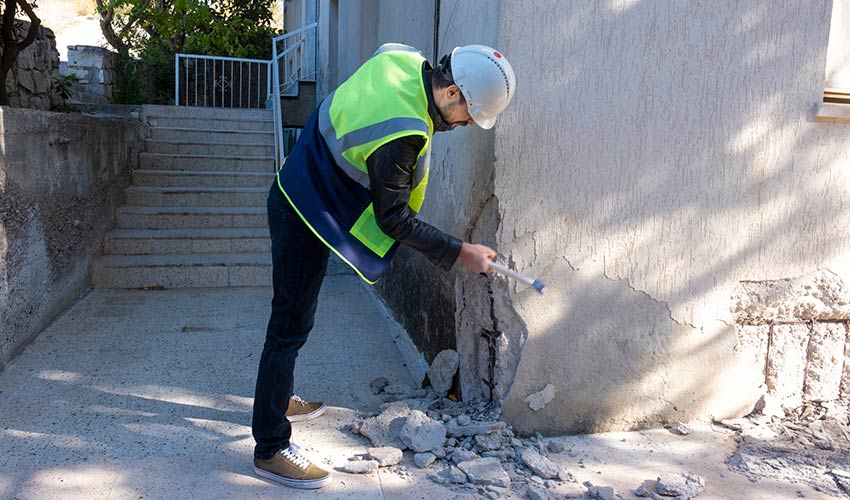
Conduct regular earthquake safety training for employees
A good training program will help you and your employees know what to do and act quickly when an earthquake occurs. According to OSHA, employee earthquake safety training should include:
- Identifying safe places within the facility to take cover (such as under a sturdy table or desk or against an interior wall away from windows).
- Practicing drop, cover, and hold on in each safe place until shaking stops. Practicing these actions at least twice per year can ensure they become an automatic response if an earthquake is felt.
- Following mitigation techniques recommended by FEMA for equipment and furniture.
- Reviewing evacuation routes from the buildings using the stairs and gathering at a predesignated, safe outdoor area.
- Additional training on the use of supplying first aid and on the use of fire extinguishers.
Make sure your business continuity plan is up to date
One of the most important aspects of preparing your business for an any type of catastrophe is ensuring your business continuity plan (BCP) is up to date. Your BCP is an individualized, documented series of actions to be taken when catastrophe strikes. It ensures that protocols, procedures, lists of contacts, and other resources are at your fingertips at a moment’s notice. If you don’t have a BCP for your business, it’s important to establish one as soon as possible.
What to do after an earthquake
Designated persons should perform a thorough investigation of the facilities following an earthquake, provided they can do so safely. If indications of earthquake damage or even potential damage are found, contact an engineering consultant to conduct a professional investigation, analysis, and remediation.
A post-earthquake damage inspection checklist can make this part of the process more efficient. It includes, but is not limited to, the following:
- Cracking of interior walls
- Ceiling tiles fallen or damaged
- Evidence of water damage to ceiling
- Cracking of windows
- Natural gas leakage or odor present
- New cracks in the ground, pavement, sidewalk, or concrete
- Displaced rooftop HVAC equipment
- Buckled or dislodged roof flashings
Keep in mind that, beyond the considerable damage they can inflict on their own, earthquakes also have the potential to trigger other catastrophes, such as landslides, avalanches, flash floods, fires, and tsunamis. Discuss the level of earthquake risk faced by your business with your insurance agent or broker to ensure you have the proper insurance coverage in place.
Planning equals resiliency, and planning for a catastrophe can mean the difference between life and death for a business following an earthquake.
Resources
The American Red Cross, Ready.gov, and the Disaster Recovery Journal offer comprehensive disaster planning, risk management, and recovery resources and information.
Sources:
1USGS Cool Earthquake Facts: https://www.usgs.gov/programs/earthquake-hazards/cool-earthquake-facts#:~:text=It%20is%20estimated%20that%20there,100%20of%20them%20cause%20damage
2USGS Collaborates with FEMA on National Earthquake Loss Estimate: https://www.usgs.gov/news/science-snippet/usgs-collaborates-fema-national-earthquake-loss-estimate
Insights and expertise

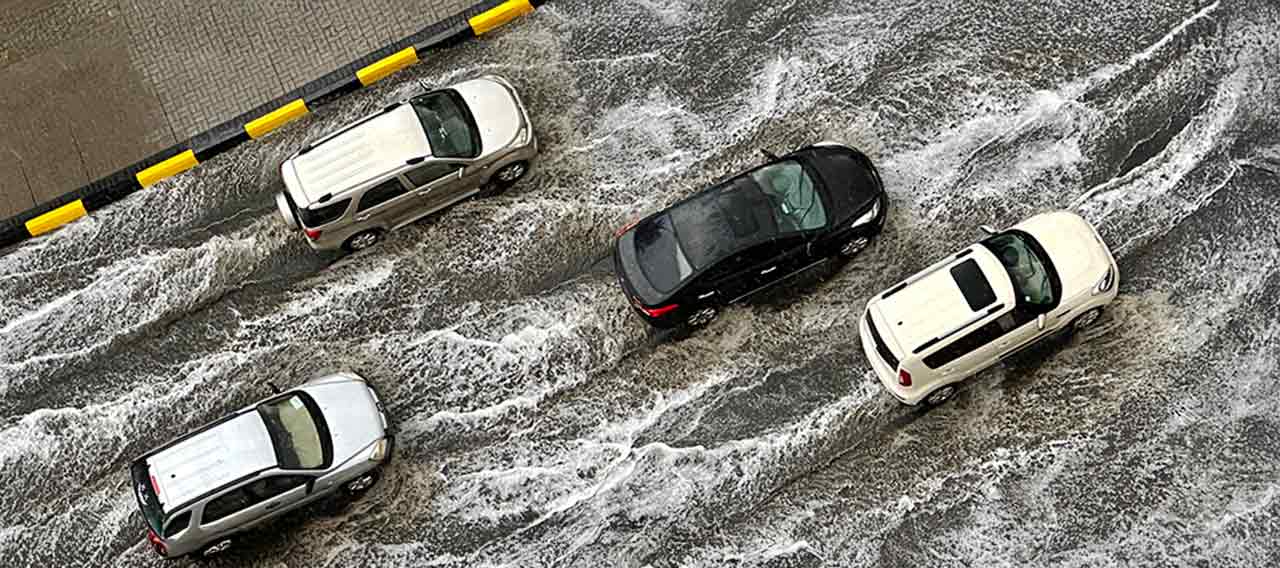
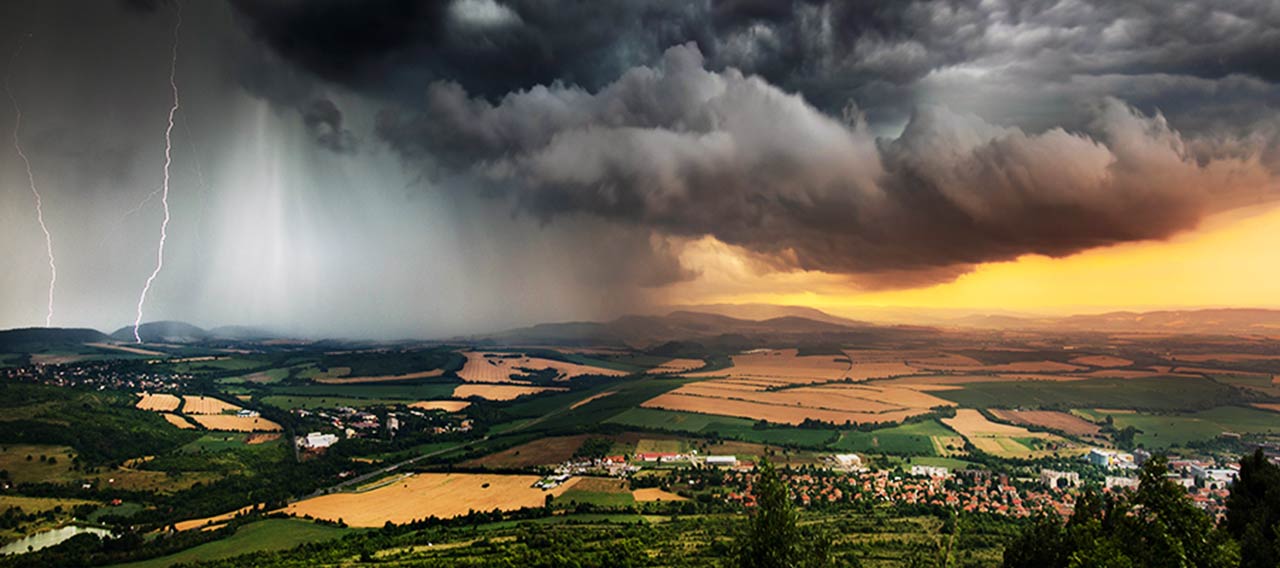
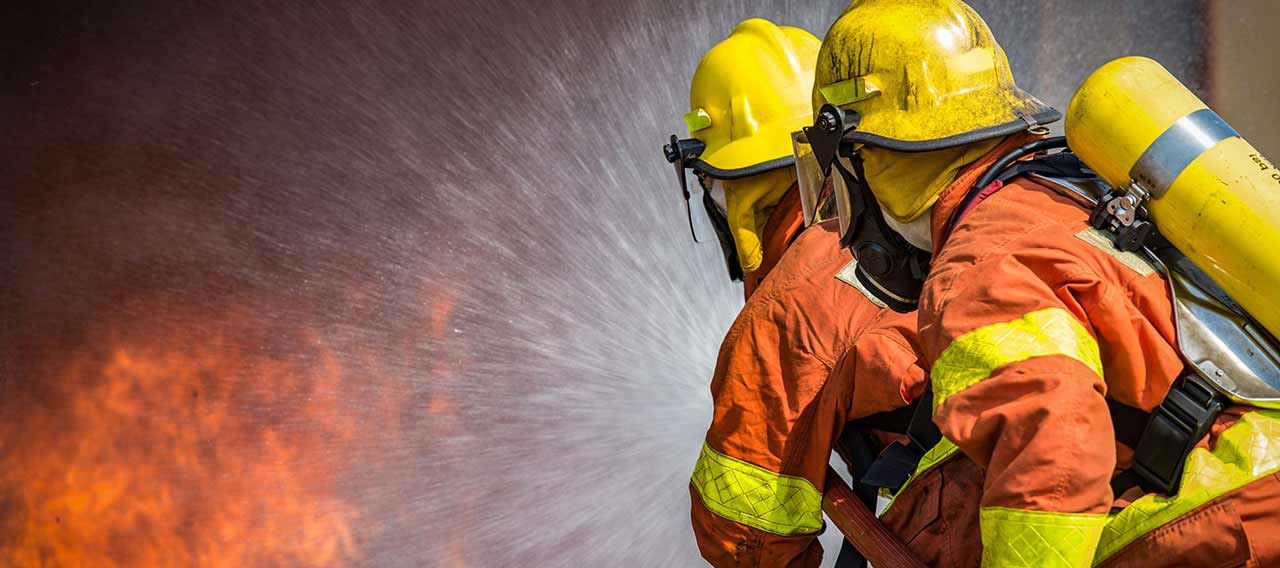
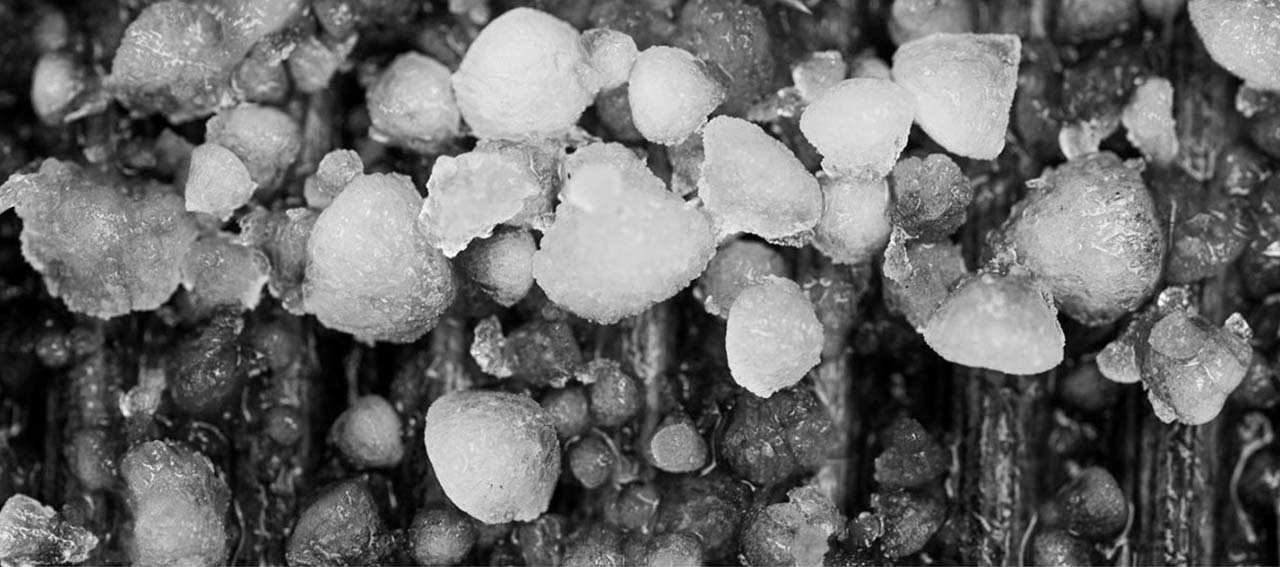
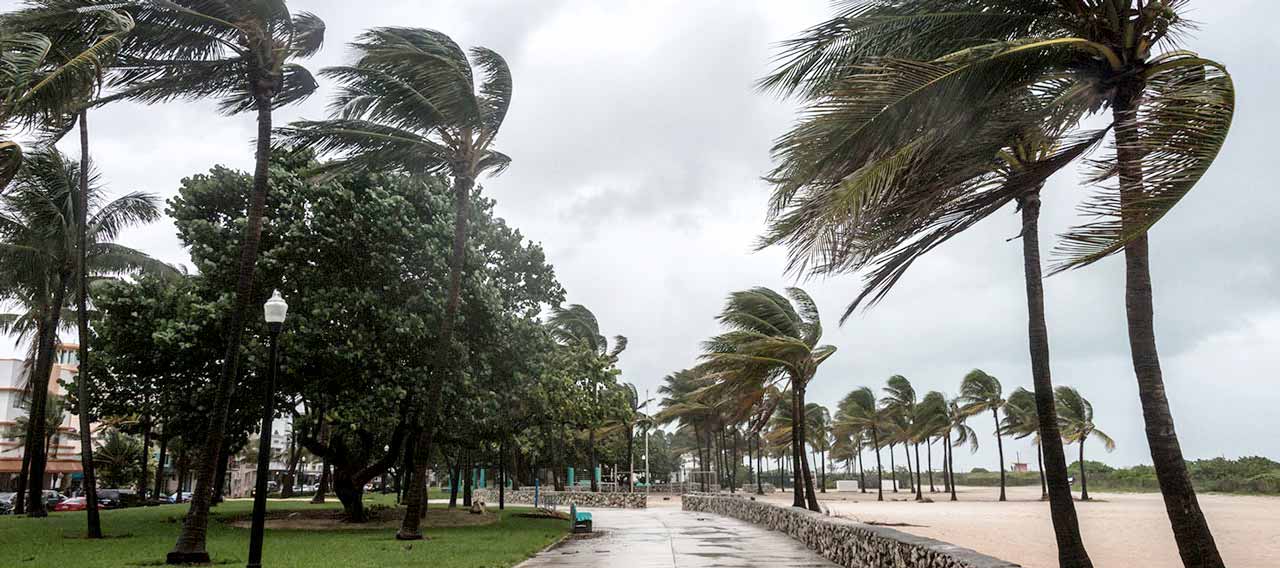
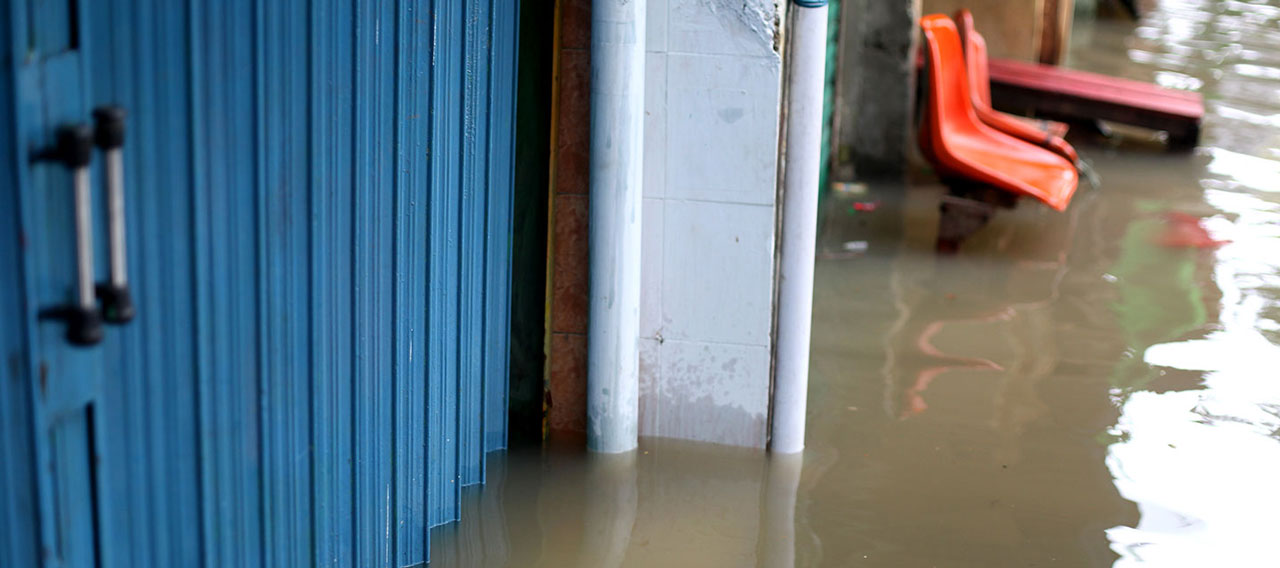
This document is advisory in nature and is offered as a resource to be used together with your professional insurance advisors in maintaining a loss prevention program. It is an overview only, and is not intended as a substitute for consultation with your insurance broker, or for legal, engineering or other professional advice.
Chubb is the marketing name used to refer to subsidiaries of Chubb Limited providing insurance and related services. For a list of these subsidiaries, please visit our website at www.chubb.com. Insurance provided by ACE American Insurance Company and its U.S. based Chubb underwriting company affiliates. All products may not be available in all states. This communication contains product summaries only. Coverage is subject to the language of the policies as actually issued. Surplus lines insurance sold only through licensed surplus lines producers. Chubb, 202 Hall's Mill Road, Whitehouse Station, NJ 08889-1600.


